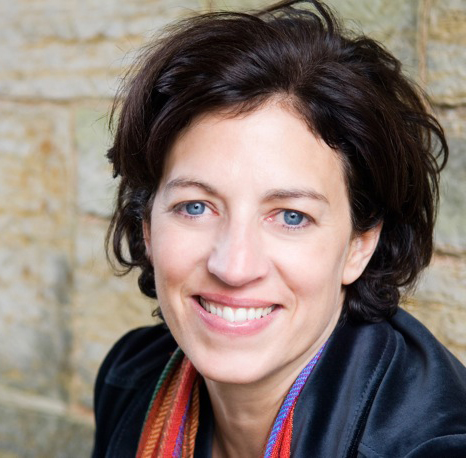
By Jo Boaler, Professor of Mathematics Education, Stanford University & Co-founder of the Youcubed website
Mathematics, more than any other subject, has the power to crush students’ confidence (Boaler 2009). The reasons are related both tothe teaching methods that prevail in U.S. math classrooms and the fixed ideas about mathematics held by the majority of the U.S. population and passedon to our children from birth. One of the most damaging mathematics myths propagated in classrooms and homes is that math is a gift, that some people are naturally good at math and some are not (Boaler 2013a, 2013b). This idea is strangely cherished in the Western world but virtually absent in Eastern countries such as China and Japan that top the world in mathematics achievement (PISA 2012).
New scientific evidence showing the incredible capacity of the brain to change, rewire, and grow in a really short time (Maguire et al. 2006) suggests that all students can learn mathematics to high levels with good teaching experiences. Traditional educators believe that some students do not have the brains to be able to work on complex mathematics, but it is working on complex mathematics that enables brain connections to develop. Students can grasp high-level ideas but they will not develop the brain connections that allow them to do so if they are given low-level work and negative messages about their own potential (Boaler & Foster 2014).
To read the rest of this powerful article visit:
http://youcubed.org/teachers/2014/the-mathematics-of-hope/